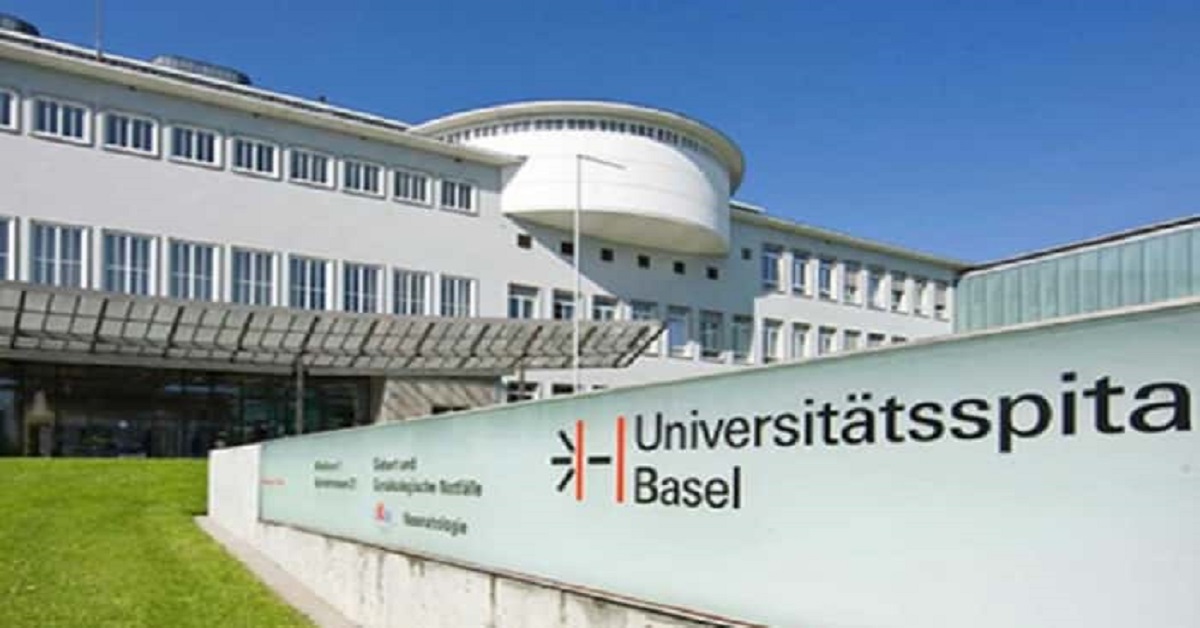RESEARCHERS have pointed the finger at Spain’s tourism industry for the surge in coronavirus cases in the second wave.
Scientists from the University of Basel in Switzerland and the SeqCOVID-Spain consortium released a statement this morning explaining the findings of a newly published genetic study into the cause of the recent spike in cases.
Using genetic nano-technology, the researchers discovered that the vast majority of the cases recorded throughout Europe in recent months stem from a direct link to an outbreak in northern Spain.
The strain in question is known as the 20A.EU1 strain and was first noted in the Catalan and Aragon area of Spain among farm and agricultural workers.
According to records, it quickly spread through the country throughout the summer months, rapidly becoming the most prevalent strain of the virus.
The timeline of the spread of the strain ties in with the lifting of the nationwide restrictions on travel and tourism, an element that according to the study, was a major catalyst in the speed of the spread.
“From the spread of 20A.EU1, it seems clear that the virus prevention measures in place were often not sufficient to stop onward transmission of introduced variants this summer,” said Emma Hodcroft, lead author of the study.
Cases of the strain have now been found in Ireland, UK, France, Belgium, Germany, Italy, Latvia, Norway, and Sweden, many of which have been directly linked to holidaymakers returning from Spain.
In the study, flight records were compared to case spikes across Europe and a strong link was quickly established, highlighting peaks adjacent to the lifting of travel bans to Spain.
Despite quarantines imposed on Spanish travellers, cases soon spread across Europe thanks to relaxed social distancing laws.
Figures found that the 20A.EU1 strain counts for 80% of the cases in Spain, plus 90% in the UK, 60% in Ireland and 40% in Switzerland and the Netherlands.
Teams are now trying to understand what makes this particular strain so efficient at spreading compared to the other variants, however scientists have stressed that it is likely just a case of timing and circumstance.
“The spread of the 20A.EU1 strain was most certainly accelerated by the lifting of restrictions across Europe,” said Dr. Inaki Comas, head of the SeqCOVID-Spain consortium.
“At the moment there is no sign that this particular strain is more contagious than others, but circumstances have certainly aided its spread.”








